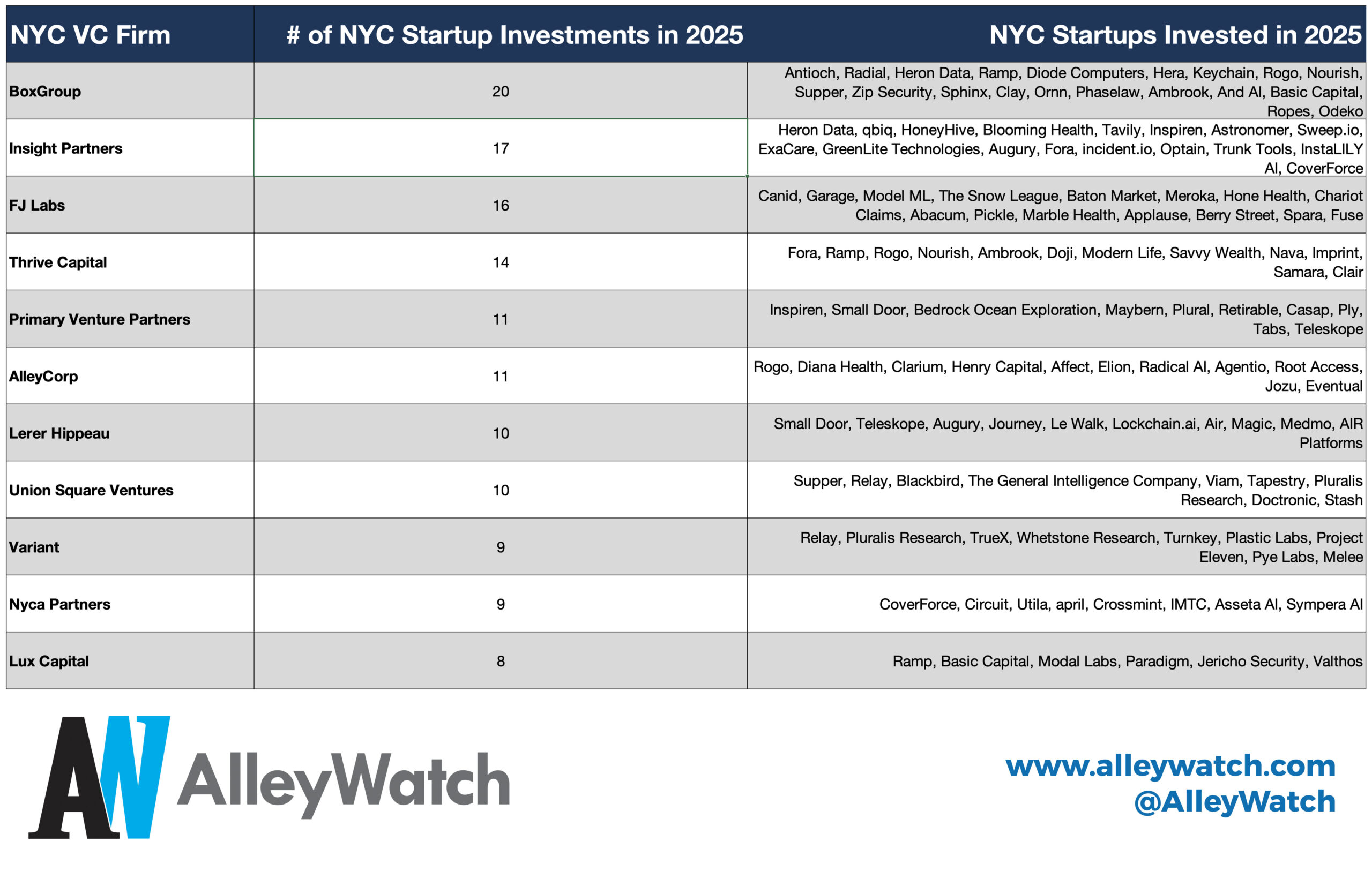For some reason, urban planning has become a hot topic on social media. Even more strangely, it has become ideologized. In the name of the community, left-wingers are generally for state-run public transportation and government housing. In the name of families or individuals, many right-wingers want more suburbs and, particularly, taxpayer-funded highways to accommodate cars. They all want the government to subsidize their lifestyles. But with regard to urban planning, we need to get it out of the way.
In various parts of the world, the disastrous results of modern urban planning are evident. In the US, after the passing of the Highway Act in 1956 and the Urban Renewal program of the 1960s and 1970s, the federal government started subsidizing the construction of highways, and state and local governments started regulating building more heavily than in the past. As a result, entire communities were destroyed to make room for highways. This not only fostered racial segregation but, over time, resulted in Americans losing ‘third places’ (places other than their homes and workplaces where they interact with other people). Americans see less of one another than in the past.
In Argentina, different but equally interventionist urban planning has also caused significant damage. By subsidizing not just highway construction and maintenance but also energy and gas prices for years, successive Argentinian administrations fostered the creation of low-density suburbs and gated communities that are now proving unsustainable. Indeed, as market prices slowly begin to be reintroduced, many homeowners are starting to realize that they were living beyond their means. In the meantime, they complain about the perpetual traffic jams that are now part of their daily lives, since people like them moved to the suburbs when they became government-subsidized. No wonder.
In a way, the failure of urban planning is unsurprising. Following Hayek and Mises, we find that planners cannot possibly gather more knowledge than markets and will thus inevitably fail at economic planning. Why would this not apply to urban planners? Urbanism is also about making ends meet in conditions of scarcity. Unfortunately, just like in the case of other planners, urban planning enthusiasts do not simply seek to accommodate other people’s preferences. Instead, they actively seek to influence others’ choices.
Admittedly, there is some momentum across the United States for relaxing construction codes and permits for building denser housing. In hundreds of cities across America, parking requirements are being reduced or eliminated, while changes in zoning allow builders to build more housing in less space. Opposition has been, and it still is, stiff by so-called NIMBYs (‘not-in-my-backyard’ adherents) who want housing supply to remain low so their own home prices stay high. Their motive is certainly illiberal, but they are right about their incentives: Wherever more housing is built, lower home prices ensue, as the recent example of Austin shows.
Higher supply brings prices down. Who would have thought?
While the left celebrates more housing, it usually demands active government intervention to ‘compensate’ through public transportation for the reduction in the number of cars. But there is no reason why these systems should be state-run or even subsidized. Historically, transportation systems have rarely been designed top-down by anyone. Instead, they have sprung up spontaneously through the interaction of private operators and the public’s demands. It has been an unfortunate fact, but not an inevitable one, that urban planners take it upon themselves to regulate transportation.
In city centers across the Western world, particularly in historic districts where streets have traditionally (without planning) been narrow, a fierce debate over cars is also present. Some welcome restrictions on cars, whereas others loathe them.
Every case is different, but when it comes to street changes, why not follow demand? Fewer cars on a given street means fewer car drivers, which is certainly detrimental to them. But what about others? If it is shown that a given area is more in demand by pedestrians or cyclists than by car drivers, why should the latter be subsidized or privileged over the former?
Of course, the problem of how to allocate scarce resources would not exist at all if all roads were private, an idea that seems crazy to the general public but, as Murray Rothbard argued in For a New Liberty, need not be impossible. In any case, progress is slowly being made. New York’s new congestion pricing is a step in the right direction. Car drivers should not be entitled to subsidies by non-drivers.
The left also demands government housing, but it is unclear whether this helps lower home prices. Besides, spending government resources on housing necessarily implies inefficiency, since the public sector diverts resources that would have been used for more productive purposes. And last, but not least, the government also takes longer to get anything done and maintains a bureaucracy, which costs money in itself.
Remember the joke that getting government help is like having it break your legs and give you a pair of crutches? In this case it’s more like getting both legs broken but getting just one crutch. When it comes to urban planning, the government creates problems and cannot even fix them.
Make no mistake: The lobby for significant government intervention in urban policy is here to stay. NIMBY-boomers, car makers, and highway contractors can all benefit from urban planners with the power to lure people into their own schemes. But the harm that they cause to renters or pedestrians, which grows by the minute, shouldn’t deter libertarians from advising a policy on urbanism for all people. We need to get rid of scattered policies catered to crony capitalists and established interests.
The market can work for all of us—if only we let it.
As an Amazon Associate, Econlib earns from qualifying purchases.


























